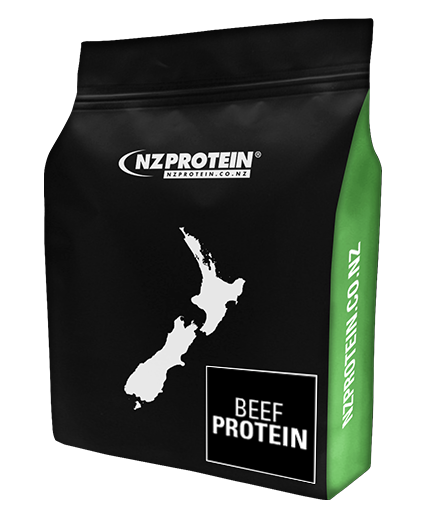I've never tried canning lard as it seems there might be some issue with a correct tightening of the lids. So I'm going to try the way it's possible to do it according to this process on yt, which seems pretty simple, and will report as soon as I'm able to get some fat:
Good one! I have a number of jars of lard canned as well. I've found that it is pretty simple. In Canada it is not so simple to find pork fat that is not fed GMO or glyphosate.
The lard came from some pigs that I raised, slaughtered and butchered. After butchering, one ends up with some very thick leaves of fat - 2 inches in some places. I didn't want to go through the very time-consuming process of separating all the small pieces of meat that are 'interwoven' with the fat. I also wanted to avoid wasting anything if possible.
So I slow cooked it all for a while without much processing, and then doled it out into jars, and pressure cooked. The end product is mostly lard on top, but there are also some juices and meat chunks at the bottom, a strata of about 1 cm. It smells amazing! The juices indicate that I could have slow-cooked it for much longer in order to allow water to boil off.
The end product is delicious, and I haven't noticed any spoilage or weirdness whatsoever from the 'bottom strata' of meat/juices when I open and use one of the jars.

